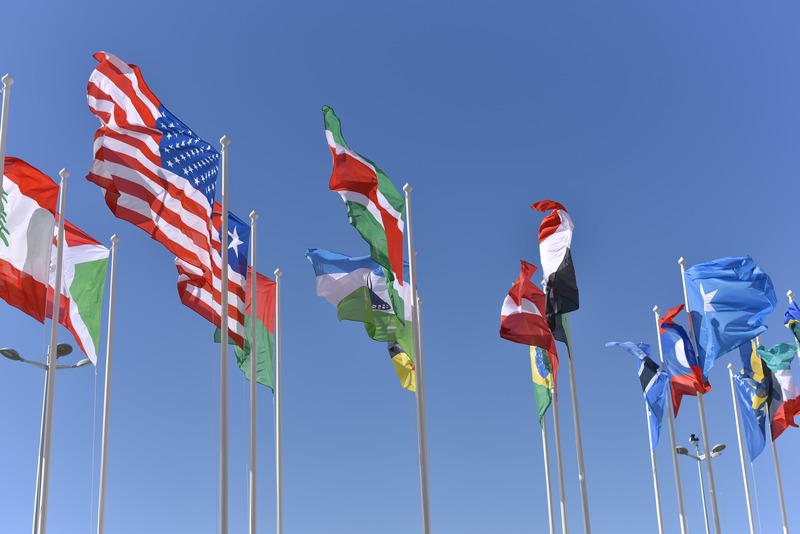With the development of the vaccine being closer than ever before, nations across the globe are racing to secure fair access to COVID-19 vaccines. More than 170 countries have found potential in the COVAX Facility, a global initiative co-instituted by the World Health Organization (WHO) and The Global Alliance for Vaccines and Immunisation (GAVI). This alliance will be designed to ensure that all countries, low-income nations especially, are guaranteed equitable opportunities in obtaining and distributing doses. To achieve this level of detail, developed countries will set up a global fundraiser to support the other 92 lower-income nations that are also part of the alliance. By the end of 2021, COVAX hopes to deliver two billion vaccines and successfully immunize 20 percent of the most vulnerable populations in each country, regardless of national income.
“My initial reaction to the COVAX Facility was very positive,” said James Kowalski, AP US History teacher. “This is a global problem, and any global problem requires a global solution. Not to sound trite, but I believe that it’s true. And so, this really does require a concerted effort among countries to develop multiple vaccines and to make sure that nations that are less able to afford these vaccines can access financial resources to procure them for their citizens.”
South Korea is among the ranks of developed nations partaking in the COVAX facility, along with Japan, Singapore, and Canada. On Aug. 31, Korea set aside 173.3 billion won in national savings and has submitted commitment agreements to solidify the alliance. South Korea has also become an official member of the Friends of the COVAX Facility (FOF), a multilateral platform aiming to facilitate the launch of WHO and GAVI’s new program. Similar sentiments towards global funding can be interpreted from President Moon Jae-in’s speech at the UN General Meeting on Sept. 21, in which he emphasized the importance of giving developing nations an equitable share of vaccine doses. In spite of their active involvement in global affairs, Korea has also taken measures nationally in an effort to provide vaccines at affordable prices for the majority of the population regardless of income. For one, they proposed to secure vaccines for 60 percent of the country’s population to strengthen immunity for the majority of citizens. Alongside this, they plan to obtain 10 million doses from the COVAX facility and the rest from private pharma companies.
“We can never be so sure of something that did not happen yet, but I am confident that Korea’s new plans for vaccine doses will be a positive stride in eradicating the virus,” said Yoonseo Kim (10), MUN member. “During the pandemic, Korea has dealt with the virus very efficiently, implementing various policies such as increasing social distancing stages and shutting down various public services. I think it’s reasonable to predict that they will do a decent job in this new implementation as well.”
However, many countries, including Korea, have speculated on the true efficiency of the COVAX facility. One pervading concern is that the system will permit private pharmaceutical companies to prioritize customers from developed nations over developing ones. By allowing vaccines to be sold bilaterally, vaccine distributors could choose to supply developed nations with more ample volumes of vaccine and neglect lower price markets for developing nations. Others fear that the system is unprepared for a potential overallocation of the vaccine. Countries are uncertain of what measures to take in the occurrence of such events. Despite this, many nations hope that pursuing this global endeavor will eliminate the worst of vaccine nationalism and help restore, once again, a sense of normality.
“The COVAX facility has notable flaws, including the overallocation of vaccines, and the effects of national governments and private enterprises,” said Bin Ma (10), Forensics member. “However, I do not think there is any other program or method that would be as effective as the COVAX facilities in terms of distributing vaccines to nations affected by the virus. For now, I believe that COVAX is the only solution that is available to our global society.”

